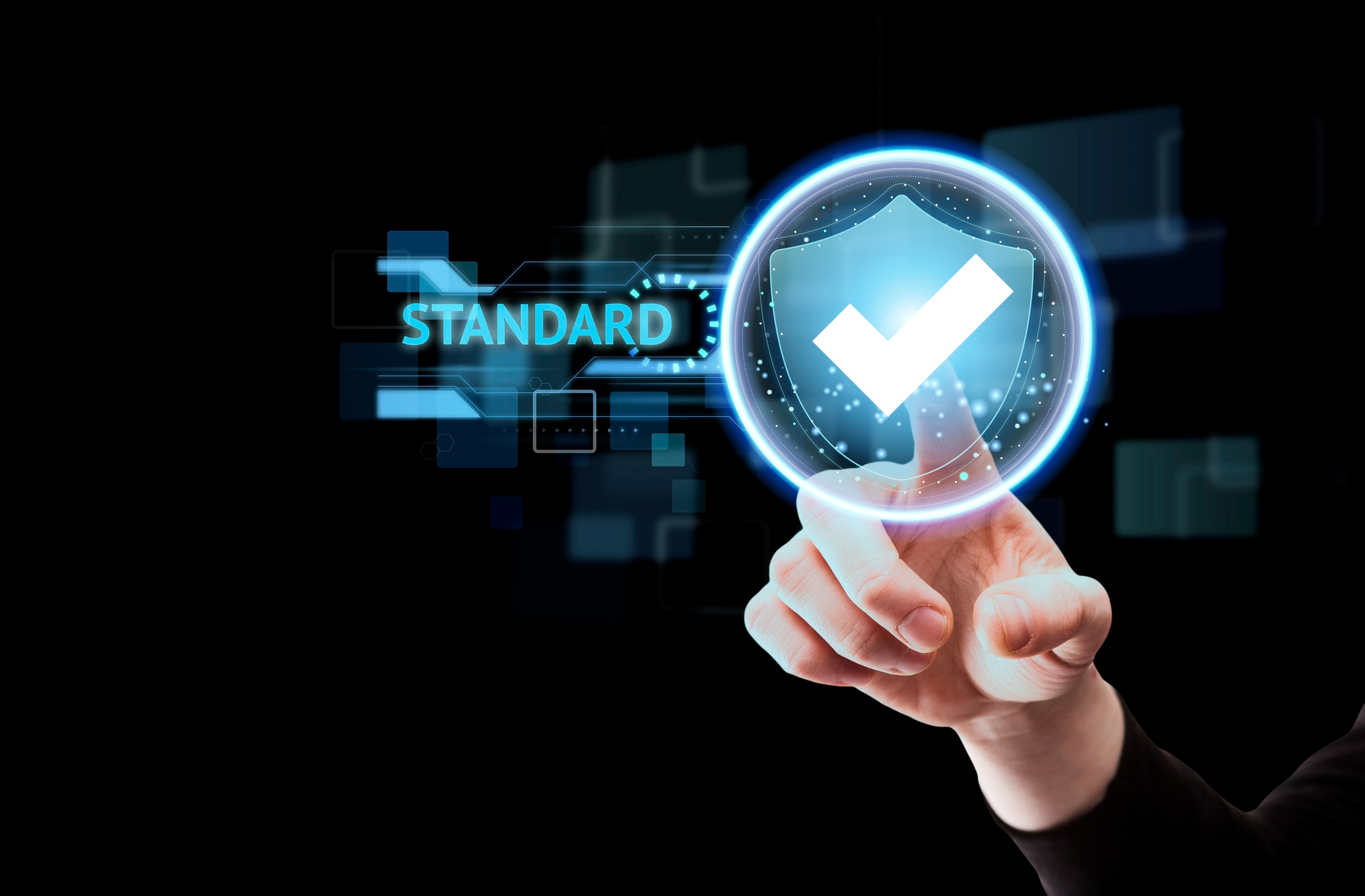In recent years, Applied Behavior Analysis (ABA) has seen rapid growth in global demand, particularly in the treatment of autism spectrum disorders, developmental delays, and behavior-related challenges. With this expansion, however, comes a critical responsibility: ensuring that those who deliver ABA services are qualified, accountable, and ethically bound. This is where licensing steps in—not just as a legal requirement, but as a vital safeguard for quality and trust.
The Hidden Risks of an Unregulated Field
Imagine a parent seeking ABA therapy for their child with autism. Without licensing requirements, anyone can claim to be an “ABA therapist,” even without formal education, ethical training, or supervision. This creates an open door for inconsistent service quality, misuse of interventions, and even harmful practices. Licensing solves this by establishing minimum standards for education, supervised experience, and professional conduct—ensuring clients are served by competent and accountable professionals.
Licensing is More Than a Credential
Licensure isn’t just about paperwork; it’s about protecting both clients and practitioners. It allows for:
- Consumer trust – Families know they’re working with trained professionals.
- Legal accountability – Licensed practitioners can be held responsible for ethical violations.
- Professional identity – It elevates ABA from a practice to a profession.
- Workforce clarity – Employers and agencies can confidently hire credentialed staff.
Moreover, licensing supports interdisciplinary collaboration, ensuring ABA professionals can work effectively within educational, clinical, and governmental systems.


The Global Push for Regulation
Countries like the U.S. (with state-specific licensure), Canada, and parts of the Middle East are increasingly moving toward regulated ABA practice. In the UAE and India, and other countries where AbaSphere operates, the need for a unified licensing framework is growing, especially as more educational institutions, clinics, and schools integrate ABA into inclusive education models. Licensing in such contexts can prevent misapplication and promote evidence-based, culturally respectful interventions.
Where AbaSphere Stands
At AbaSphere, we believe in raising the bar. Our training programs not only prepare professionals for international certification (like QABA, BCBA, or RBT) but also advocate for ethical practice, ongoing supervision, and readiness for future licensure systems. We support a vision where ABA is not just accessible—but safe, effective, and professionally respected.
Licensing in ABA is not a hurdle—it’s a bridge to quality, safety, and sustainability in behavioral healthcare. As the field matures, licensing must follow, ensuring that every individual who receives ABA services gets the ethical, expert support they deserve.

